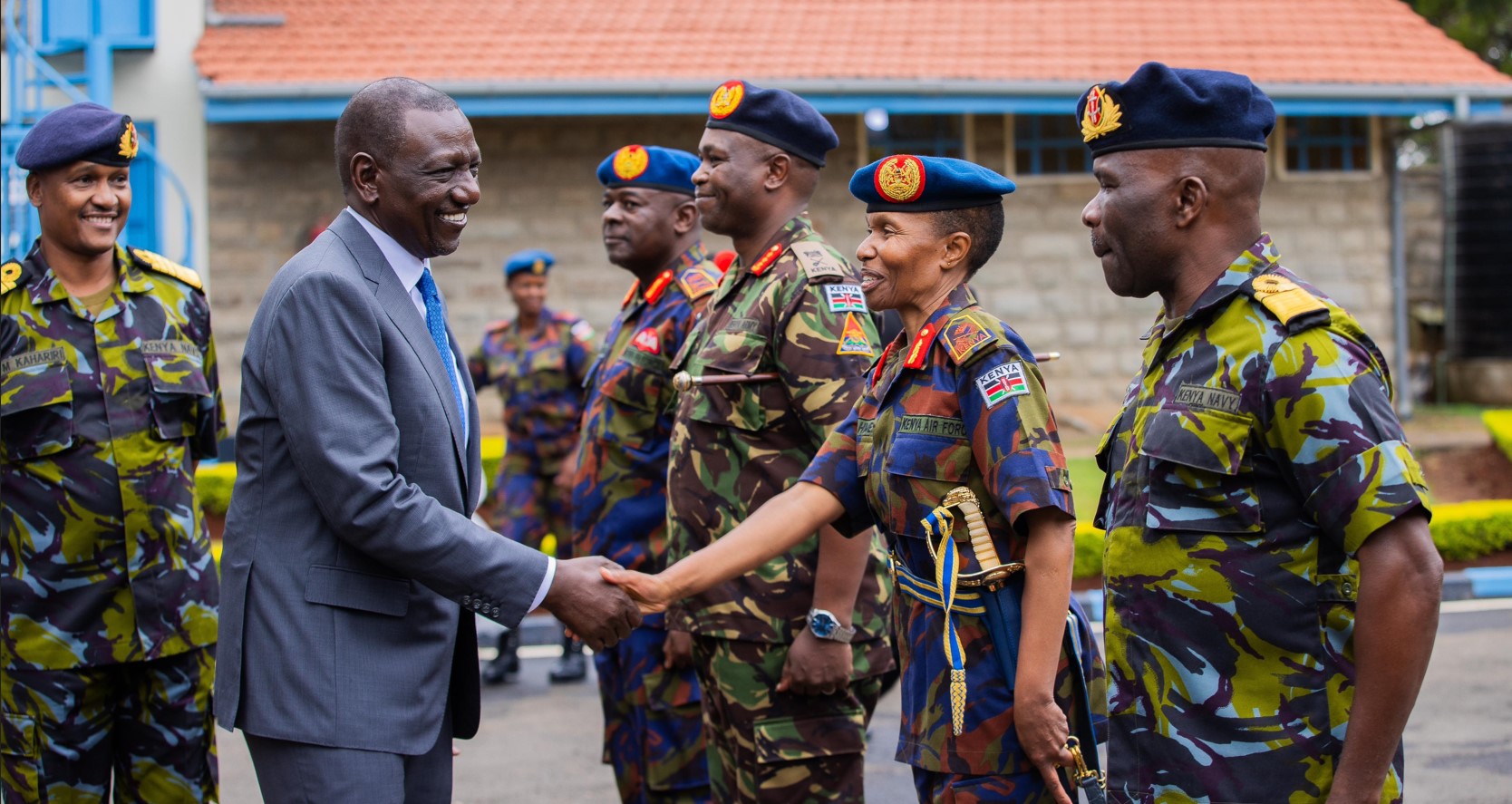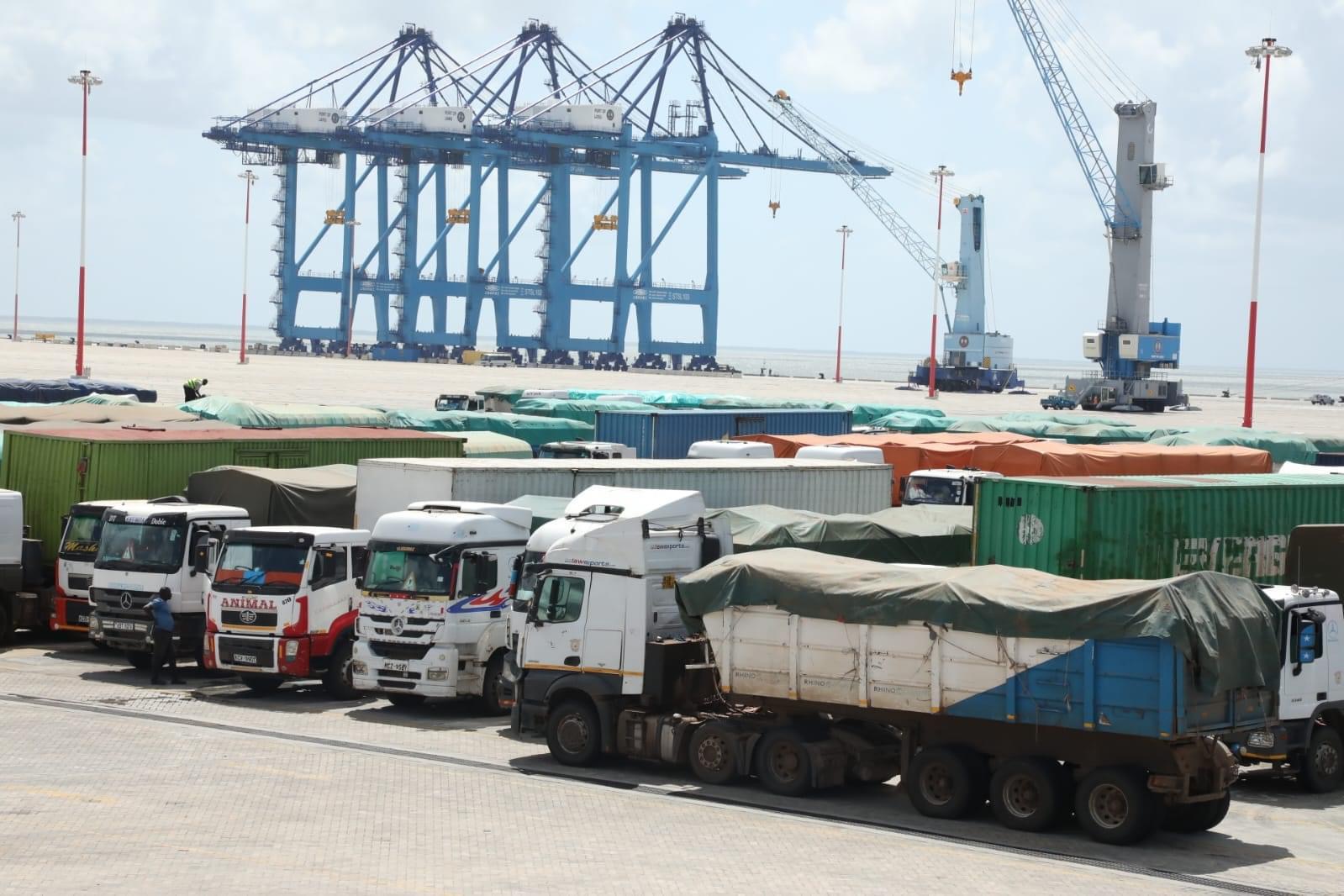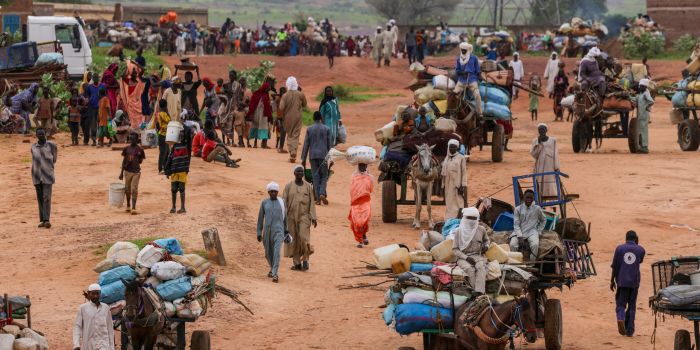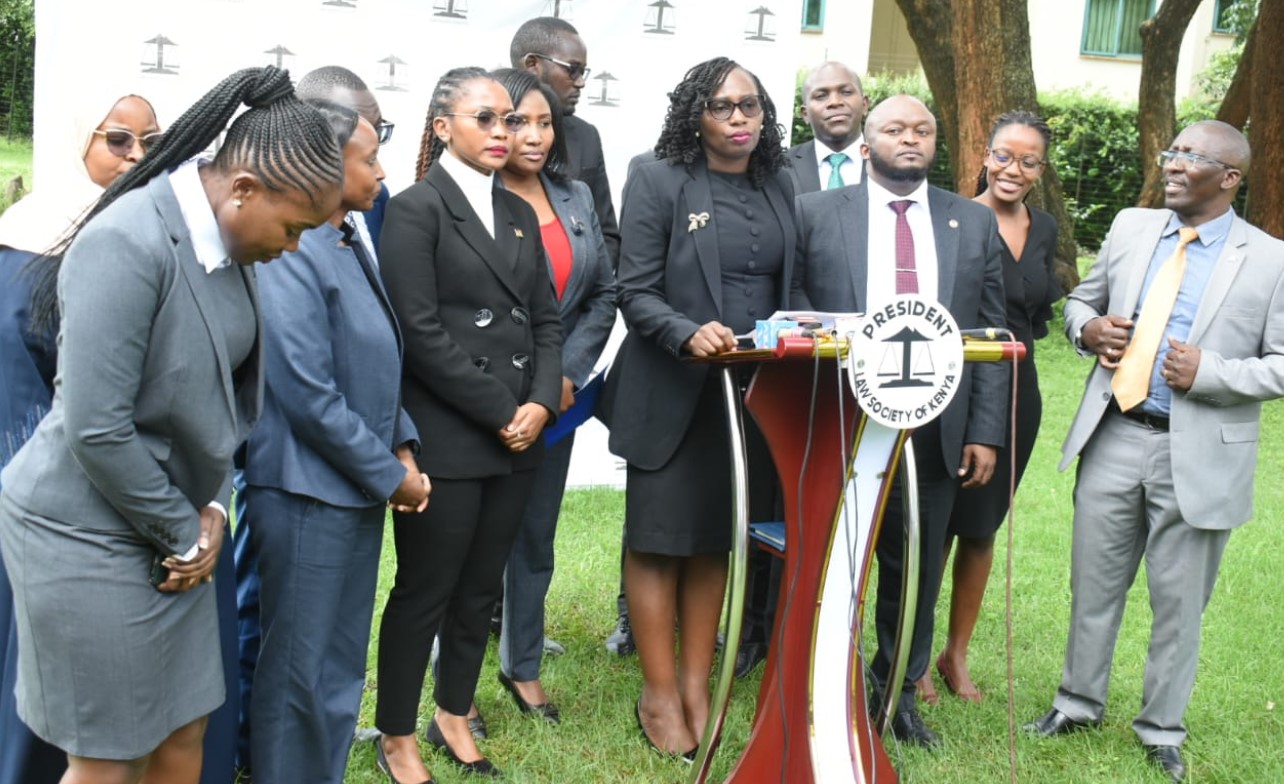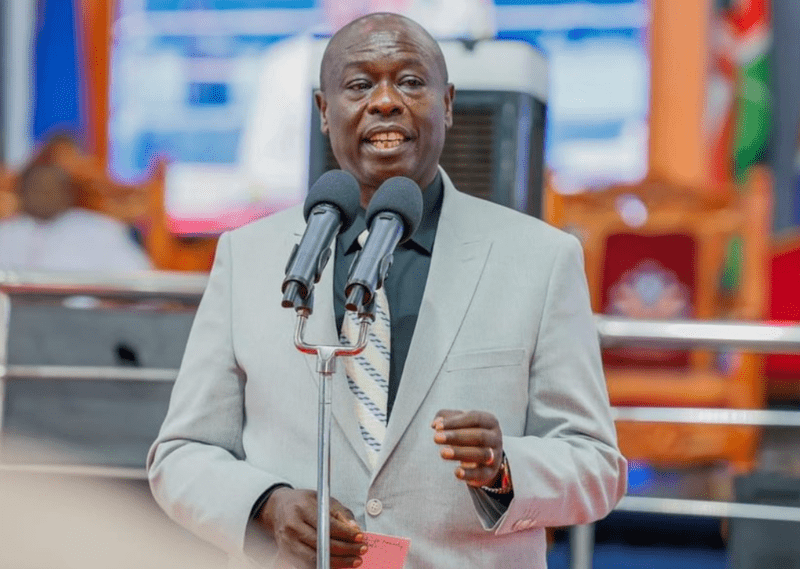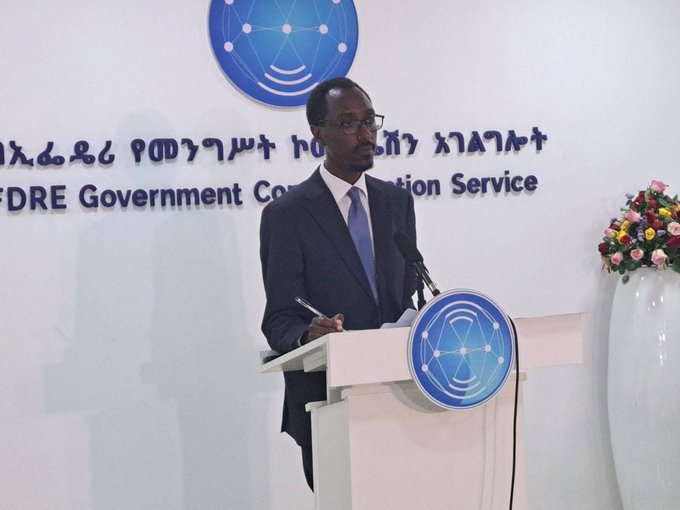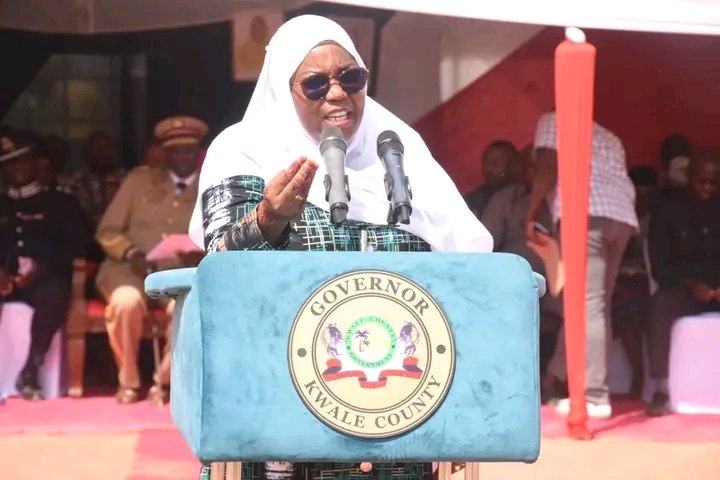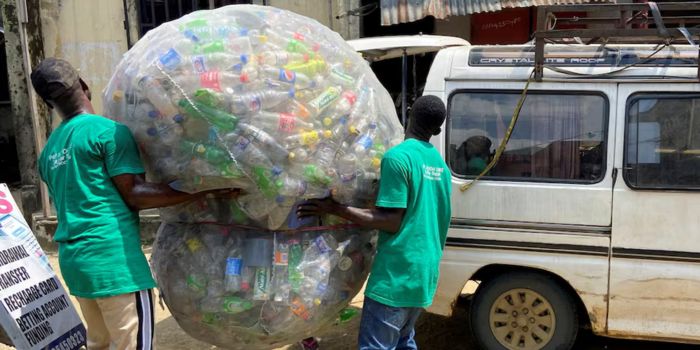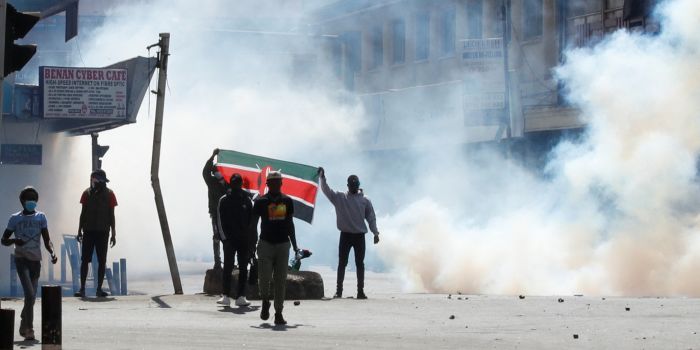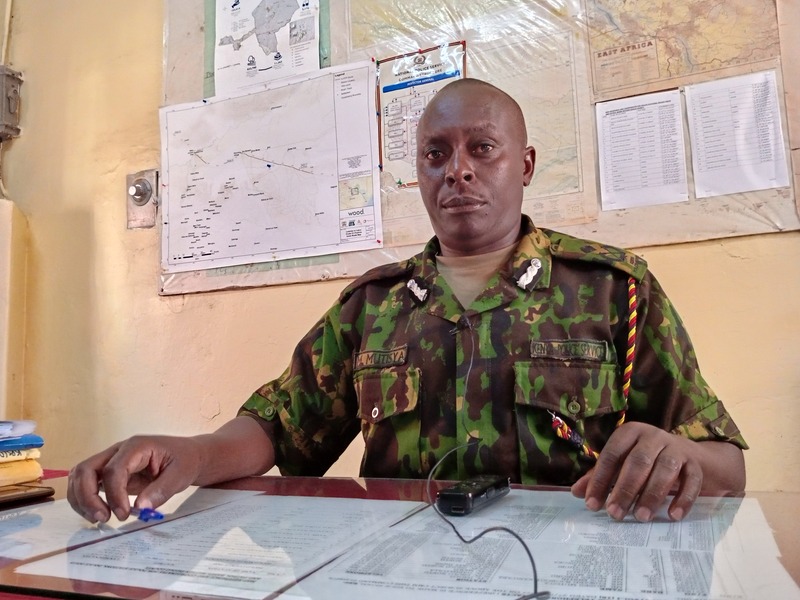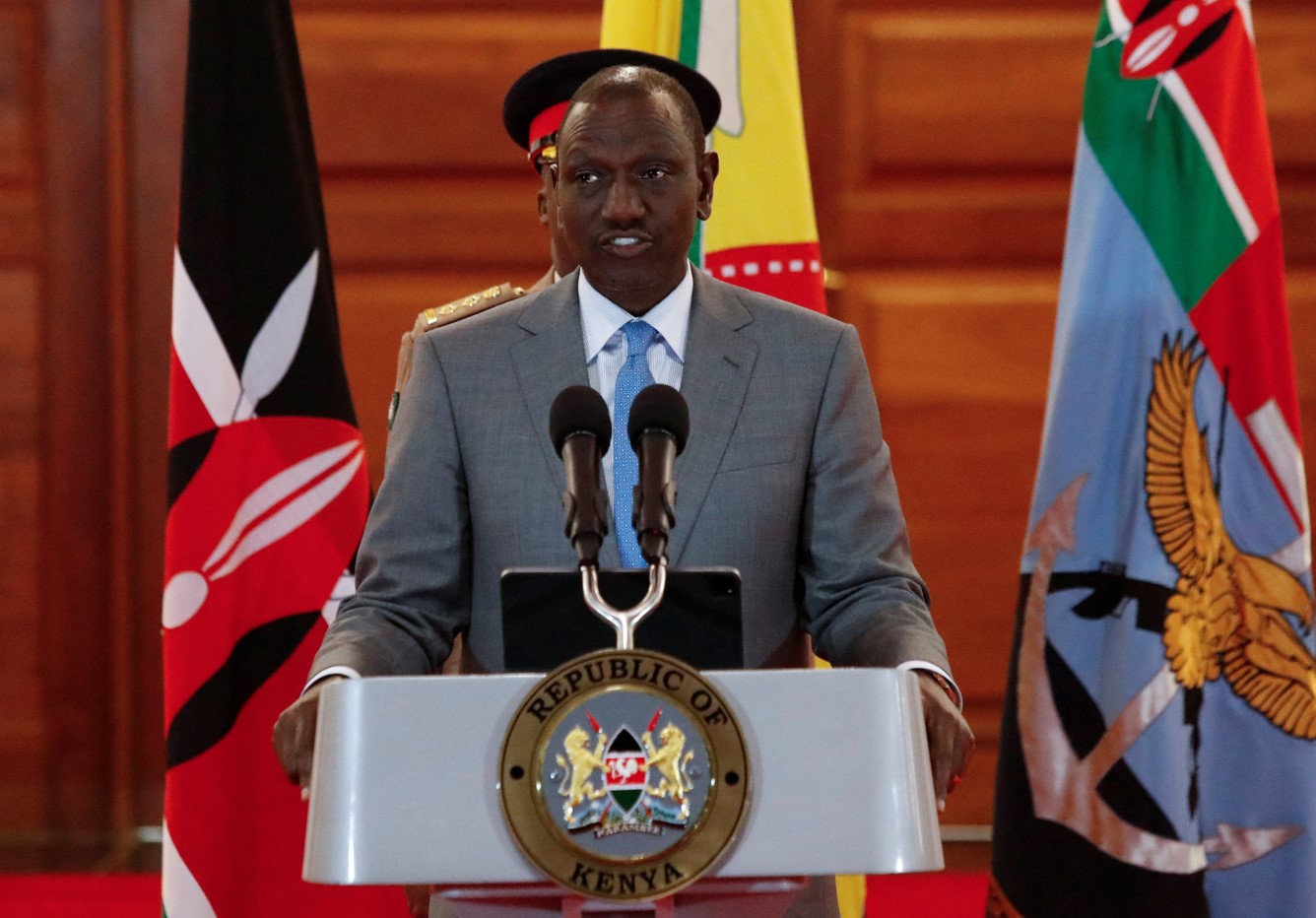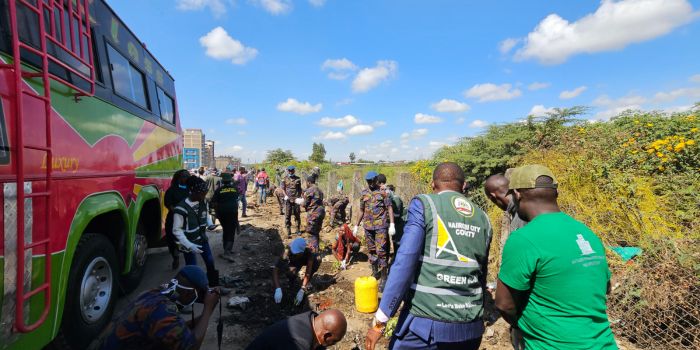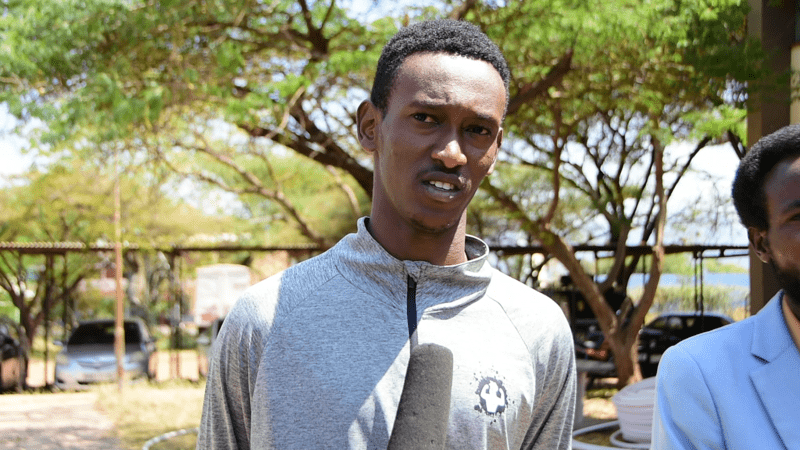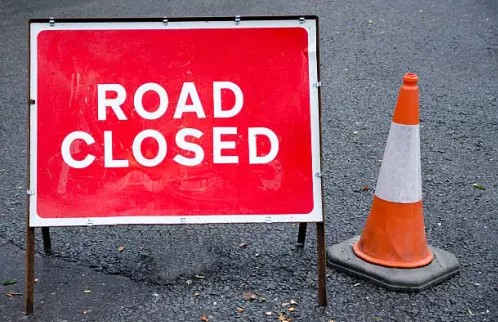South Sudan receives 645,000 doses of the latest malaria vaccine

By Mwangi Maina |
South Sudan's Minister of Health, Yolanda Awel Deng, stated that the continued use of the vaccine, alongside other preventive measures will be instrumental in efforts to eliminate malaria in the country.
South Sudan received 645,000 doses of the R21 malaria vaccine from the World Health Organisation on Friday, joining countries such as Kenya, Cameroon, Ghana, and Malawi in the vaccination programme.
Speaking after receiving the doses, South Sudan's Minister of Health, Yolanda Awel Deng, stated that the continued use of the vaccine, alongside other preventive measures such as insecticide-treated bed nets and timely access to medical care, will be instrumental in efforts to eliminate malaria in the country.
Keep reading
"Malaria is a major concern for our country. We are committed to reducing the impact of malaria and improving the health outcomes for our children," said Awel Deng.
He added that this milestone not only signifies progress in the battle against malaria but also highlights the collective commitment to safeguarding the health and well-being of children in South Sudan and beyond.
Dr. Humphrey Karamagi, WHO Representative for South Sudan, concurred with Awel Deng, saying that the introduction of the malaria vaccine in the country is a pivotal development in the organisation's fight against the tropical disease.
"Malaria remains a leading cause of illness and death in South Sudan, particularly among young children. The inclusion of the malaria vaccine in the routine immunisation programme represents a crucial addition to the existing arsenal of malaria prevention and control measures," said Dr Karamagi, emphasised.
South Sudan's Ministry of Health will distribute the vaccines to 28 counties with the highest malaria burden as plans continue to scale up nationwide.
Malaria stands as the biggest killer of children in South Sudan as the East African Community country grapples with one of the highest incidence rates in the region. In 2022, South Sudan had an estimated 2.8 million malaria cases and 6,680 deaths.
The country has one of the region's highest rates of malaria incidence, with an estimated 7,630 malaria cases and 18 people dying of the disease every day, according to the WHO.
Malaria vaccine
Ghana, Kenya, and Malawi were part of a 4-year WHO pilot programme to implement routine use of the vaccine, with Cameroon and South Sudan joining later.
Since 2019, Ghana, Kenya, and Malawi have been administering the vaccine in a schedule of 4 doses from around 5 months of age in selected districts as part of the pilot programme, known as the Malaria Vaccine Implementation Programme (MVIP).
More than 2 million children have been reached with the malaria vaccine in three African countries through MVIP, resulting in a remarkable 13 per cent drop in all-cause mortality in children age-eligible to receive the vaccine and substantial reductions in severe malaria illness and hospitalisations.
Burkina Faso, Benin, Liberia, and Sierra Leone also launched a large-scale rollout of the life-saving malaria vaccine, targeting millions of children.
"The joint efforts of The Ministry of Health, Gavi – The Vaccine Alliance, UNICEF, WHO, and health partners demonstrate the shared commitment to integrating these life-saving vaccines into the national immunization program. The endorsement of the R21 vaccine by the WHO, following the introduction of the RTS,S vaccine elsewhere on the continent, marks a turning point in the malaria elimination programme and will ensure a more robust supply of the vaccines for malaria-affected countries – particularly in Africa," WHO says.
RTS,S is one of two malaria vaccines recommended by WHO other, than R21.



